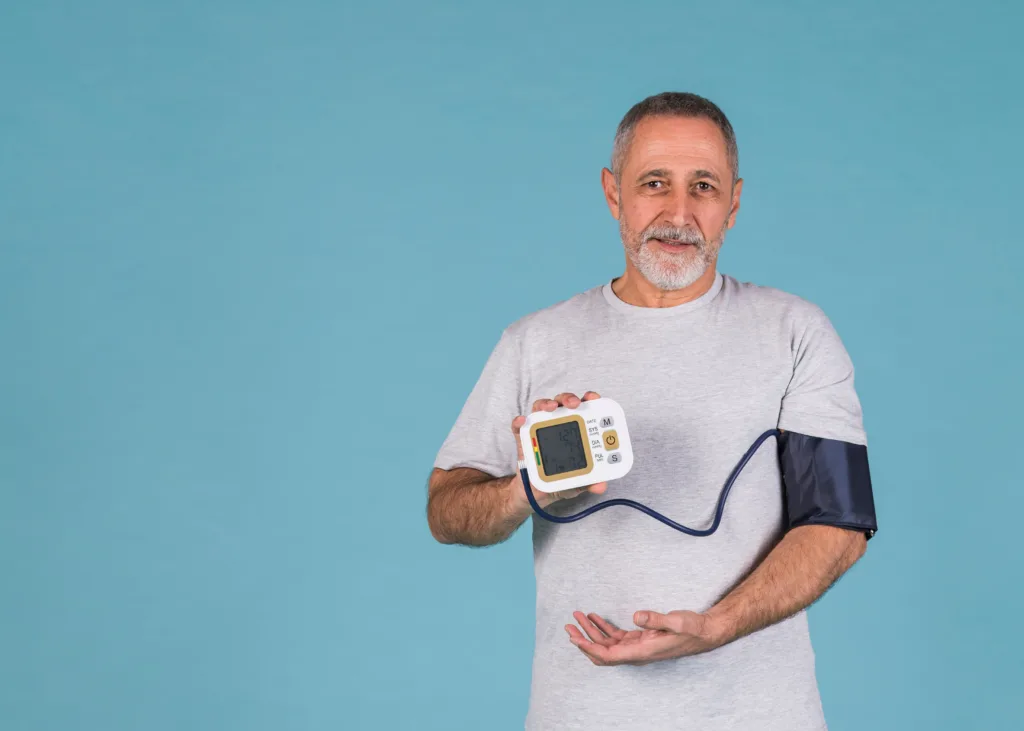The HIV/AIDS epidemic presents persistent challenges in healthcare, especially for mental health support. Around 50% of HIV-positive individuals experience anxiety or depression linked to stigma and isolation. Health institutions play a vital role in providing access to stigma-free services, which enhances by offering private and confidential consultations. Through telehealth, patients can discuss sensitive issues without fear, improving their overall well-being and engagement with healthcare.
Behavioral Health Integration: A Comprehensive Approach
Behavioral Health Integration (BHI) bridges physical and mental health care, essential for HIV/AIDS management. Research shows that integrated care models improve patient outcomes by addressing depression and stress, both common among HIV patients. BHI ensures that medical professionals collaborate effectively, reducing gaps in mental health support. Telehealth platforms provide a secure avenue for these collaborative efforts, enabling regular counseling sessions and follow-ups for sustained patient progress.

Creating Safe Spaces Through Telehealth Platforms
Those platforms ensure that HIV patients access resources and therapy within safe, stigma-free environments. According to the HRSA, telehealth increases therapy accessibility by 25%, especially for marginalized communities. These virtual consultations allow patients to maintain their privacy while accessing vital mental health support. Moreover, health institutions can monitor patient progress through remote communication, ensuring consistent care and fostering trust among patients.
Educating Patients and Families for Better Understanding with Telehealth
Education and communication are vital for HIV management. Telehealth offers a unique opportunity for health institutions to educate both patients and their families about the disease. By addressing misinformation and stigma, these platforms empower patients to embrace their health journeys confidently. A WHO report highlights that 60% of patients feel more informed when accessing health education through this platforms, enhancing their overall engagement with care programs.

Why Esvyda Stands Out as a Trusted Partner
Esvyda equips health institutions with tools to deliver integrated care, including telehealth and RPM solutions tailored for HIV management. Its platforms enable real-time monitoring of physical and mental health metrics, empowering medical teams to provide personalized, continuous care. With Esvyda, institutions can offer stigma-free, accessible solutions to HIV patients, ensuring holistic health support during this Awareness Month and beyond.
Download this artice
Telehealth Supports HIV/AIDS Management
The HIV/AIDS epidemic presents persistent challenges in healthcare, especially for mental health support.
Esvyda equips health institutions with tools to deliver integrated care, including telehealth and RPM solutions tailored for HIV management.



6 responses to “Telehealth Supports HIV/AIDS Management”
I’ve been managing my HIV for years. How can telehealth really improve my care compared to in-person visits?
Thanks so much for sharing your experience. Telehealth offers faster access to specialists, discreet medication consults, and real-time lab tracking—all from home. Many patients find it reduces stigma while improving adherence.
Sounds nice, but what if I lose internet access or need urgent care? Tech isn’t foolproof.
Fair point Stepan. Our platform connects with SIM card cellular communication devices so you can keep track of your vital signs without internet, just cellular signal, as in your phone.
Just got diagnosed and overwhelmed. Can telehealth help me navigate treatment options confidentially?
Absolutely. We connect you with care specialists for private consults, personalized care plans, and peer support groups, all secure.